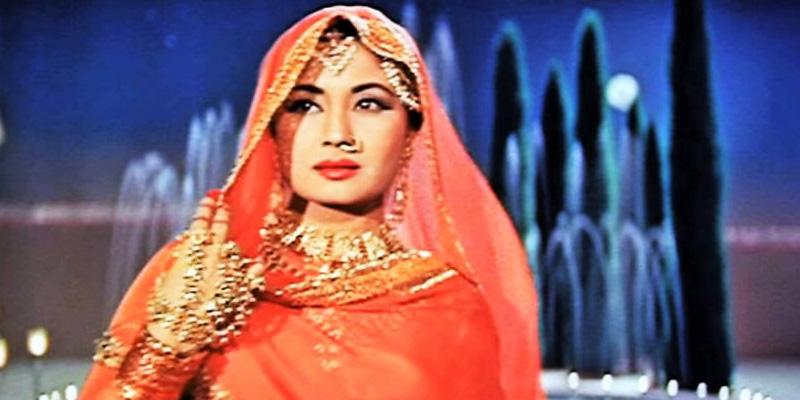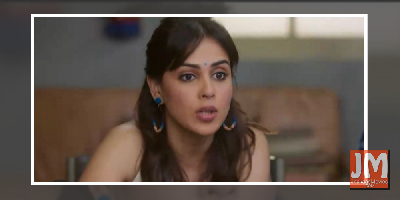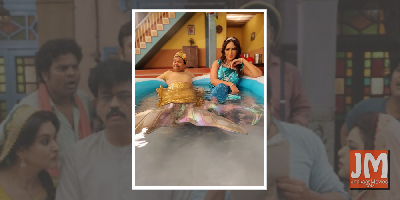 Aan Tiwari honoured with Best Child Actor award for Baal Shiv
Aan Tiwari honoured with Best Child Actor award for Baal Shiv Ghategi rahasymayi ghatnaye!
Ghategi rahasymayi ghatnaye! Amazon Prime Video unveils the 2021 Festive Line-up; brings a heady mix of Indian and International titles on the service
Amazon Prime Video unveils the 2021 Festive Line-up; brings a heady mix of Indian and International titles on the service Release: Music video of, Yeh Haalaath, from Mumbai Diaries 26-11
Release: Music video of, Yeh Haalaath, from Mumbai Diaries 26-11 Bhumi Pednekar feels she shares feel-good value with Akshay Kumar on screen
Bhumi Pednekar feels she shares feel-good value with Akshay Kumar on screen
Little Known Facts About Pakeezah

Featuring the legendary tragedy queen, Meena Kumari, the movie is considered to be an important milestone in the history of Hindi Cinema. Here are some little known facts about this great movie.
In 1972, veteran actor Pran turned down his Filmfare Award for Be-Imaan (1972), because while the Filmfare Best Music Award had gone to Shankar-Jaikishen for his own film Be-Imaan (1972), he felt that _Pakeezah (1971)_ had not been awarded on merit and that the late 'Ghulam Mohammed' was more deserving of that award.
Majrooh Sultanpuri was supposed to write most of the songs of the film. In between, he got invitation for a Mushaira and he wanted to attend it. Director Kamal Amrohi didn't want him to go before completing the song he was working on then. But Majrooh told him clearly that poetry and participation in Mushaira were his first preference and he left. Furious Amrohi roped in Kaifi Azmi to complete the song.
Kamal Amrohi sketched all the set designs and camera movements, and personally selected every costume, right down to the bangles worn by the minor characters.
In 1958, Ashok Kumar had signed on to play the role of Salim, who was to be a businessman. When filming was resumed in 1968, Dharmendra, Rajendra Kumar and Sunil Dutt were considered for the role. When Raaj Kumar accepted the role, it was modified from a businessman to a forest ranger to match Kumar's rugged build. Ashok Kumar was still on, though now he was to play Hakim Saab; but he instead played Shahabuddin, while Hakim Saab was played by D.K. Sapru.
Pakeezah took 17 long years to complete and since Meena Kumari could not match her steps to one of the dance numbers because of ailing health, Director Kamal Amrohi had to bring in Padma Khanna, and made her to dance to the number with her face covered with Ghunghat
Meena Kumari died two months after the film released. Until then, it had had a lukewarm response at the box-office, but afterwards it became a hit and acquired cult status. It also unfortunately acquired the unfortunate distinction of being considered as Kumari's last film.








